 BIS (Department for Business, Innovation and Skills) have launched a formal consultation on reviewing the research councils. The deadline for responses to BIS is 17th April 2015 and BU will be submitting an institutional response that reflects the views of the majority of staff.
BIS (Department for Business, Innovation and Skills) have launched a formal consultation on reviewing the research councils. The deadline for responses to BIS is 17th April 2015 and BU will be submitting an institutional response that reflects the views of the majority of staff.
To facilitate the production of the institutional response the Deans of Faculty have been invited to each submit a Faculty-based response taking into account the views of academic colleagues. It is of paramount importance that academic and research staff engage with this consultation for two reasons:
- Evidence is required on the balance of the funding portfolio and so potentially affects disciplines differently.
- Evidence is required on integrating with agencies and organisations and so would affect Faculties differently.
The call for evidence focusses on four areas: strategic decision-making, collaborations and partnerships, balance of the funding portfolio, and effective ways of working.
The full consultation document can be accessed here: https://www.gov.uk/government/consultations/nurse-review-of-research-councils-call-for-evidence
The consultation refers to the triennial review of the research councils which can be accessed here: https://www.gov.uk/government/publications/triennial-review-of-the-research-councils
How to contribute
To contribute to the consultation please send your comments using this form (Faculty response-Nurse-review-of-research-councils-call-for-evidence-form) to your Faculty contact by 27th March as follows:
HSS – Prof Gail Thomas
Management – Prof Keith Wilkes
Media – Stephen Jukes
SciTech – Prof Richard Stillman
Timeline
19th March Launch consultation internally
27th March All individual feedback to be sent to the Deans
1st April Each Dean to send a Faculty response to Jo Garrad
9th April Jo Garrad to send a draft institutional response to John Fletcher
14th April All final feedback to be sent to Jo Garrad
16th April Deadline for submitting final institutional response to BIS
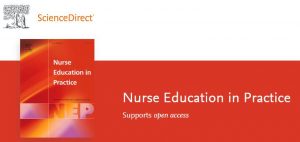 Congratulations to Megan Jadzinski, Sara White, Sue Way and Dominique Mylod on the acceptance of their paper ‘How are Fitness to Practise processes applied in UK Higher Education Institutions? – A systematic review’ by the international journal Nurse Education in Practice. All authors are based in the Faculty of Health and Social Science, or were as Prof. Sue Way retired recently.
Congratulations to Megan Jadzinski, Sara White, Sue Way and Dominique Mylod on the acceptance of their paper ‘How are Fitness to Practise processes applied in UK Higher Education Institutions? – A systematic review’ by the international journal Nurse Education in Practice. All authors are based in the Faculty of Health and Social Science, or were as Prof. Sue Way retired recently.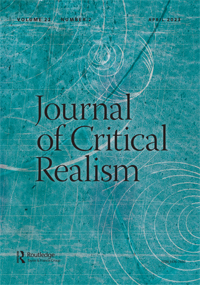

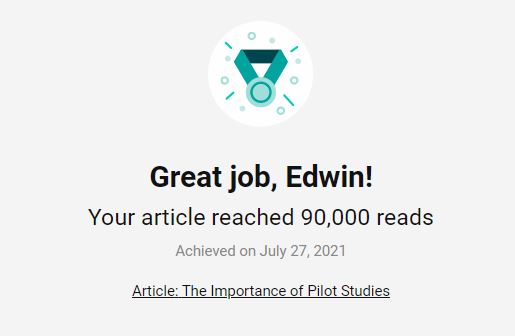

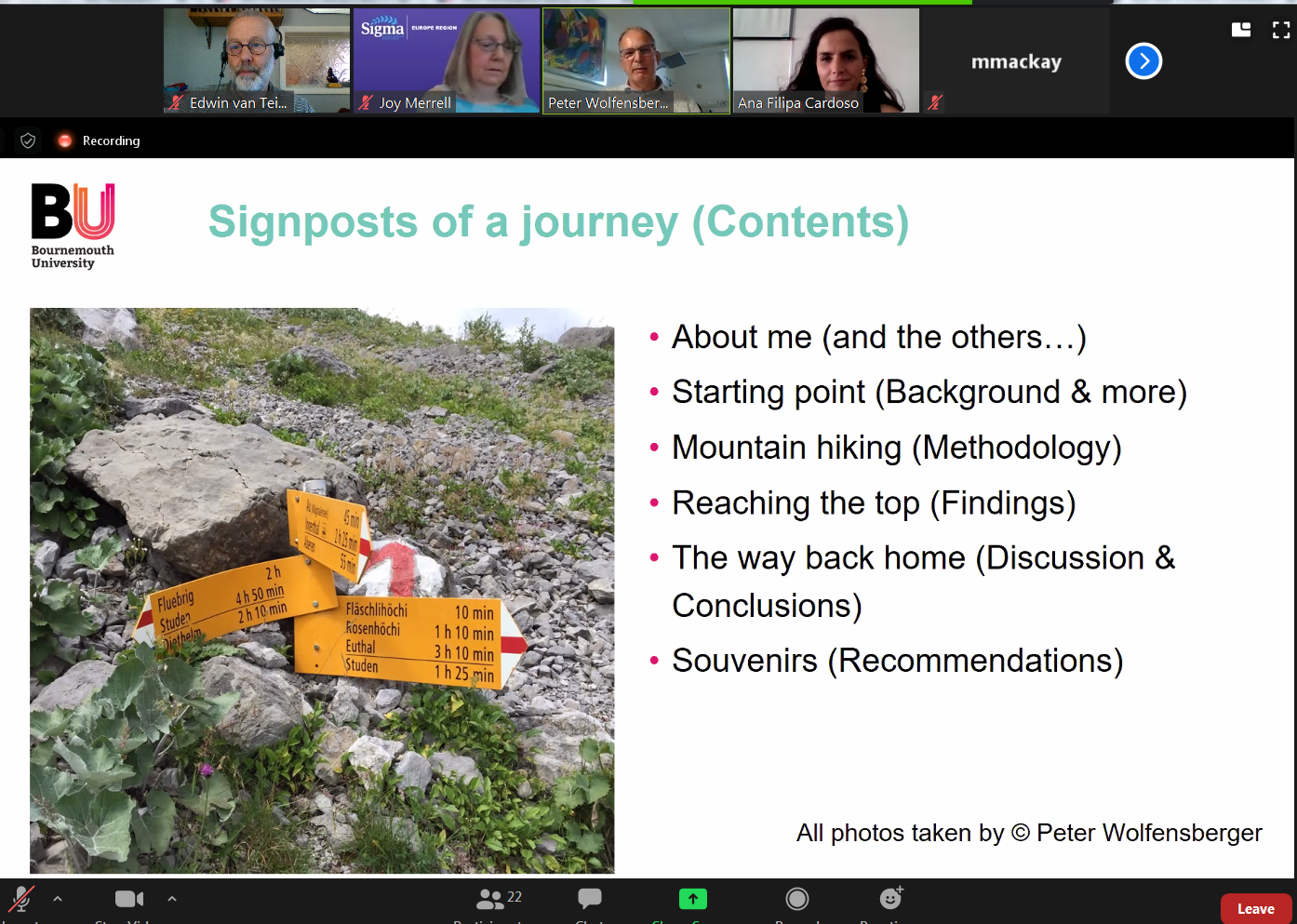

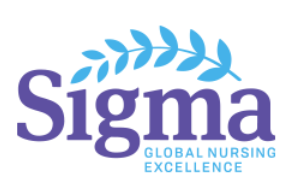
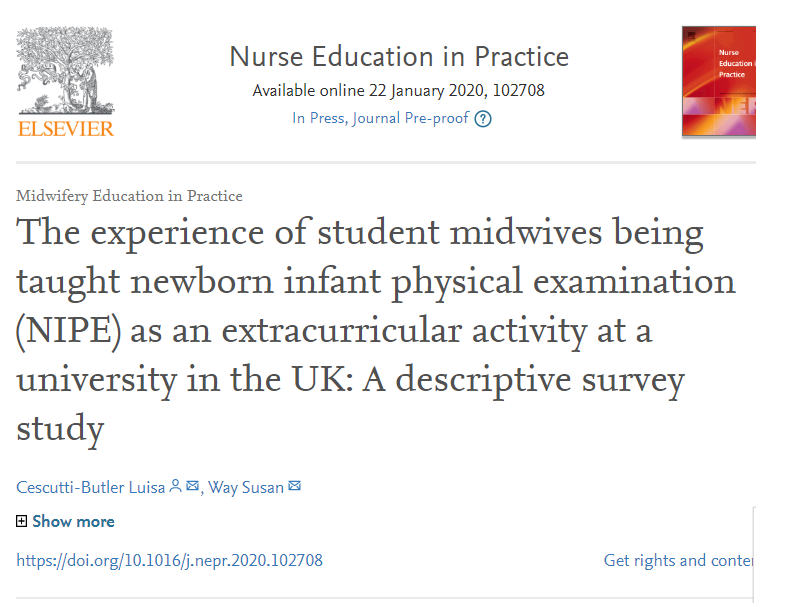
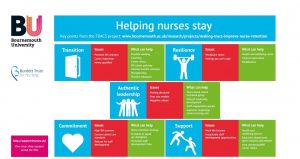
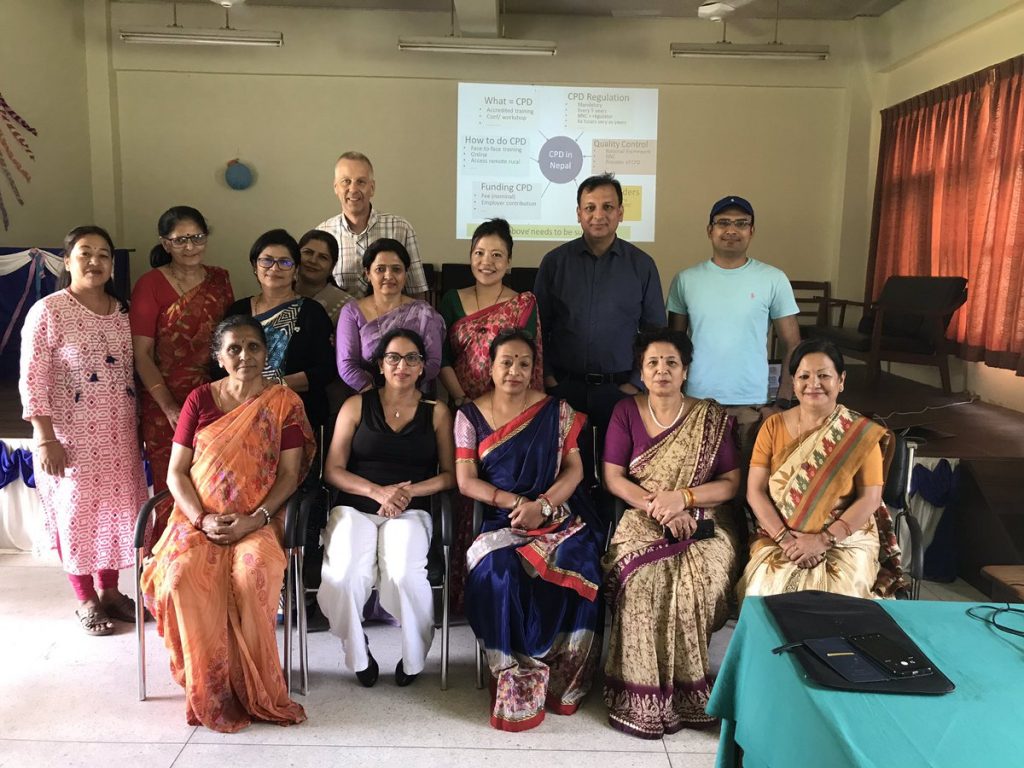
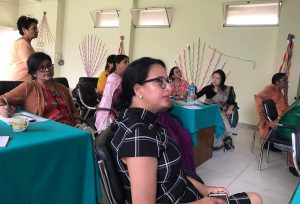

 REF
REF Research funding
Research funding NCUB
NCUB














 Upcoming opportunities for PGRs – collaborate externally
Upcoming opportunities for PGRs – collaborate externally BU involved in new MRF dissemination grant
BU involved in new MRF dissemination grant New COVID-19 publication
New COVID-19 publication MSCA Postdoctoral Fellowships 2024
MSCA Postdoctoral Fellowships 2024 Horizon Europe News – December 2023
Horizon Europe News – December 2023